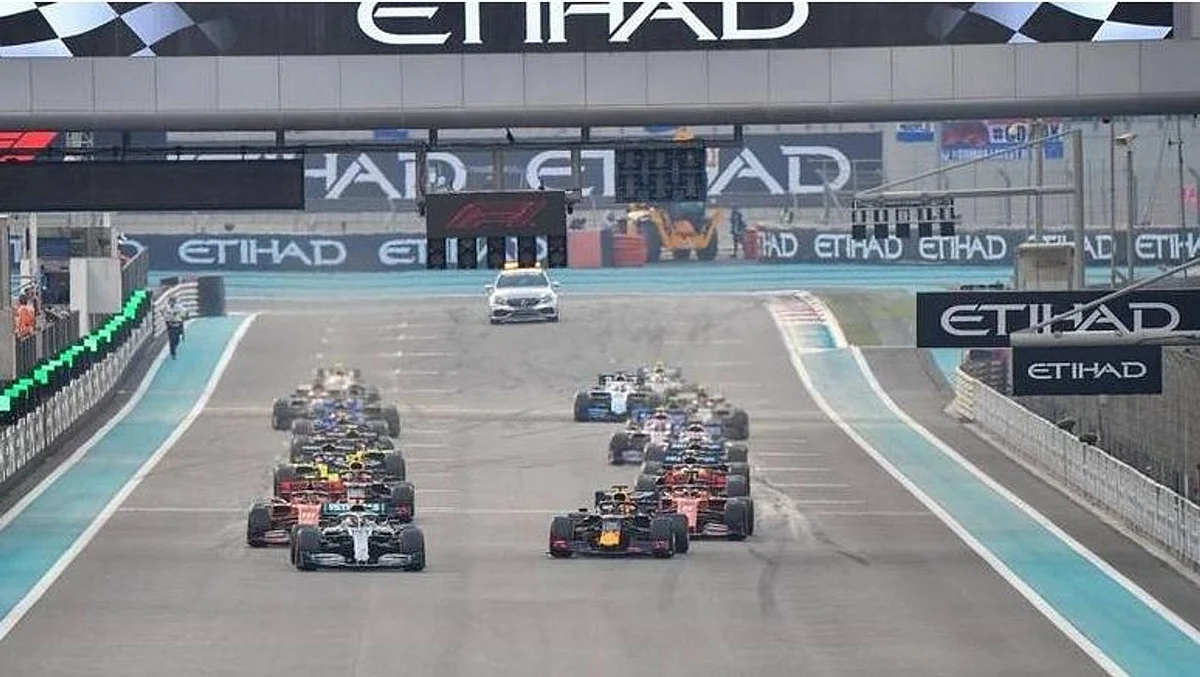
GCC Eyes Slice Of $2 Trillion Sports Tourism Market By 2030
The Gulf Cooperation Council (GCC) is gearing up to become a major player in the booming global sports tourism industry, which is projected to surpass $2 trillion by 2030, according to a new report by PwC Middle East.
The report, titled“Game on for the GCC – Turning sporting ambition into lasting tourism impact,” outlines how the region can leverage its growing reputation as a host of world-class sporting events to build a sustainable tourism economy. With sports tourism already accounting for 10 per cent of global tourism spending and growing at a compound annual rate of 17.5 per cent, the GCC's strategic investments in sports infrastructure and events are positioning it for significant gains.
Recommended For You AI-system to handle UAE work permit applications, reduce human interventionOver the past few years, the Middle East has hosted marquee events such as the 2022 Fifa World Cup in Qatar and multiple Formula 1 Grand Prix weekends. These high-profile tournaments have helped elevate the region's global visibility and contributed to a sports sector valued at $600 billion, growing at nearly nine per cent annually.
Saudi Arabia, in particular, is leading the charge. Its sports market is expected to triple to $22.4 billion by 2030, creating 39,000 jobs and adding $13.3 billion to the national GDP.
Despite these achievements, PwC's report suggests that the region currently captures only 5–7 per cent of global sports tourism spending, leaving ample room for growth. The next phase, the report argues, lies in transforming the GCC from a host of events into a year-round destination for immersive sports experiences.
Peter Daire, Senior Executive Advisor at PwC Middle East, emphasized the importance of evolving beyond event hosting.“The GCC has already shown it can host the world's biggest events. The next step is to turn that success into lasting impact, building destinations that attract fans year-round through richer experiences, smarter digital engagement and stronger regional links,” he said.
The report identifies three key priorities for the region:
Experience-led destinations that integrate sport, retail, leisure, and culture to encourage longer stays and higher spending.
Immersive fan engagement through digital platforms, storytelling, and multi-day festivals that turn spectators into repeat visitors.
A connected regional ecosystem that links events and destinations across borders through streamlined travel and unified marketing.
Jonathan Worsley, Chairman and CEO of The Bench, which organizes the Future Hospitality Summit, noted that sports tourism is now central to destination strategy and hospitality investment.“It goes far beyond filling hotel rooms; it drives infrastructure development, elevates brand visibility and unlocks year-round demand - all of which the GCC is uniquely positioned to capitalise on,” he said.
The report also calls for increased investment in women's sports, leisure activities, and workforce development, as well as better utilization of existing venues to extend the impact of flagship events. With over 60 per cent of the region's population under the age of 35, digital innovation and youth engagement are seen as critical to shaping the future of sports tourism.
As the GCC shifts focus from hosting to experience creation, PwC suggests the region could become one of the world's most dynamic and resilient sports tourism hubs - a place where fans, athletes, and travelers not only visit but return.

Legal Disclaimer:
MENAFN provides the
information “as is” without warranty of any kind. We do not accept
any responsibility or liability for the accuracy, content, images,
videos, licenses, completeness, legality, or reliability of the information
contained in this article. If you have any complaints or copyright
issues related to this article, kindly contact the provider above.


















Comments
No comment